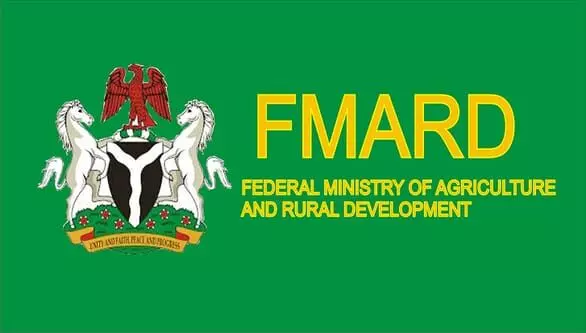- Home
- /
- Ministry wants...

The Federal Ministry of Agriculture and Rural Development (FMARD), on Tuesday, urged Hibiscus farmers in the country to embrace best practices, in order to maximise their gains at the international market. Mrs Karima Babangida, Director, Federal Department of Agriculture, made the appeal at a Workshop on “Good Agricultural Practice (GAP) and Post-Harvest handling of Sabdariffa […]

The Federal Ministry of Agriculture and Rural Development (FMARD), on Tuesday, urged Hibiscus farmers in the country to embrace best practices, in order to maximise their gains at the international market.
Mrs Karima Babangida, Director, Federal Department of Agriculture, made the appeal at a Workshop on “Good Agricultural Practice (GAP) and Post-Harvest handling of Sabdariffa and distribution of Hibiscus starter packs,” in Dutse.
Babangida, who was represented by Mrs Omotosho Marvelous, a Deputy Director, Horticulture Division of the ministry, said if properly harnessed, its value chain could generate huge incomes, provide employment and reduce poverty.
She noted that the industry had been faced with myriads problems, saying that Nigeria’s hibiscus calyx exported to Mexico was rejected in 2017, due to the use of dangerous and banned chemical pesticides in hibiscus value chain activities.
The director said that the purpose of the workshop was to address the problems by developing the capacities and skills of hibiscus value chain actors on international best practices and production protocols of the crop.
“More so, developing the capacity of farmers will guide on how best to manage and overcome low crop yields to enable them produce high quality produce for export and local consumption.
“This workshop is borne out of the need for government to continue the awareness creation on the prominence of the value chain.
”And upgrading the technical know-how of relevant project support officers and extension staff, as well as subject matter specialist of state ADPs and farmers on the systemic and well coordinated approach to develop the crop’s value in Nigeria,” Babangida said.
She added that capacity development was a key component of the National Agricultural Technology and Innovation Plan (NATIP) aimed at achieving food and nutrition security, as well as increased foreign exchange, via export of products.
The director expressed the hope that the participants would fully utilise the opportunity to acquire the skills and knowledge necessary to develop the hibiscus industry.




